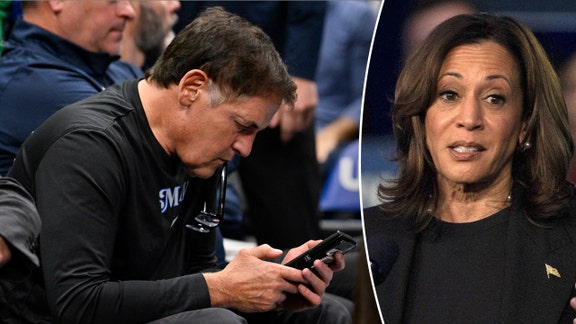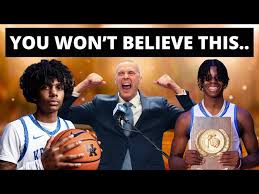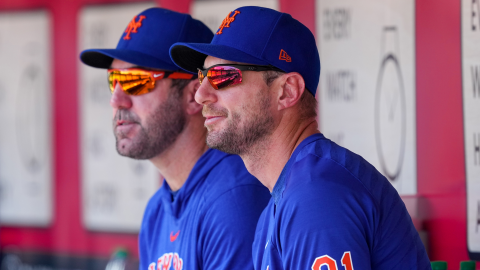Mark Cuban, the billionaire entrepreneur and majority owner of the Dallas Mavericks, has found himself embroiled in controversy recently over the deletion of supportive social media posts related to Vice President Kamala Harris. As a vocal figure in both business and politics, Cuban has often made headlines for his outspoken opinions on a variety of issues. However, his recent actions—specifically the removal of posts endorsing Harris—have sparked criticism and raised questions about the intersection of celebrity influence, political allegiance, and public accountability.
Cuban’s decision to delete the posts, which were made during the 2020 presidential election campaign, came after Harris was announced as Joe Biden’s running mate. At the time, Cuban publicly expressed support for Harris, praising her as a groundbreaking choice for vice president. His posts were seen as part of a broader trend where celebrities and business leaders used their platforms to endorse political candidates and causes. Cuban, known for his support of progressive causes and his outspoken criticism of former President Donald Trump, became a high-profile surrogate for Democratic efforts during the election.
However, the deletion of those posts in the months following Harris’s election has ignited a firestorm of criticism, particularly from those who feel that Cuban’s move was a politically motivated attempt to distance himself from an unpopular administration. Cuban’s actions are seen by some as an example of the broader trend among high-profile public figures to recalibrate their positions based on shifting public sentiment or political expediency. Critics argue that his decision to erase the posts undermines the authenticity of his earlier support and reflects a deeper issue of opportunism in the public sphere.
On the other hand, Cuban’s defenders have pointed out that the deletion of social media posts is hardly an unusual practice for celebrities, especially when they feel that their earlier endorsements may no longer serve their personal or professional interests. Social media is a highly dynamic environment, and posts from years ago can quickly become outdated or irrelevant, particularly when political landscapes change. Moreover, some have suggested that Cuban may have deleted the posts not out of a desire to distance himself from Harris, but rather because he wished to avoid being embroiled in ongoing political discourse, particularly as political tensions have remained high in the wake of the 2020 election.
However, the situation highlights a broader concern about the role of influential figures like Cuban in shaping public discourse. As a billionaire businessman with a substantial following, Cuban’s actions have a direct impact on the political conversation. In some ways, he represents the modern celebrity’s dilemma: balancing personal beliefs, public perception, and professional interests in a highly polarized climate. The rapid deletion of posts after a period of public support raises important questions about the depth of commitment to political causes among the wealthy elite.
Furthermore, Cuban’s relationship with Harris as a surrogate for her campaign underscores the tension between public endorsements and private interests. The fact that Cuban has been able to maintain a prominent role in both business and political circles highlights the blurred lines between celebrity, politics, and corporate power. His financial interests, along with his ownership stake in the Mavericks, suggest that he may be seeking to maintain a neutral or nonpartisan stance to avoid alienating potential fans or business partners.
In conclusion, Mark Cuban’s deletion of supportive posts related to Vice President Kamala Harris serves as a reminder of the complexities surrounding celebrity endorsements in politics. While some see his actions as opportunistic, others view them as a natural response to a rapidly shifting political landscape. Regardless of the motivation behind his decision, the incident underscores the increasing influence of public figures in shaping political narratives and the challenges they face in navigating the intersection of fame, business, and politics.
resident Kamala Harris’ presidential campaign, addressed allegations he scrubbed posts about her nearly a week after she lost to President-elect Donald Trump.
Users on X appeared to catch Cuban deleting posts about his support of Harris. He responded to a post from Libs on TikTok about his post deletion.











Leave a Reply